The Erasmus+ project PIA (Peer Support Workers as an Innovative force in Advocacy in dementia care) seeks to make sustainable and competence enhancing services for persons with dementia. Peer Support Workers have become more common in health and welfare services in recent years. They are a resource to promote the user perspective, which contribute to better tailored services. Peer Support Workers may also strengthen the recovery orientation in the services.
In dementia care, however, Peer Support Workers are quite new. It has been tried, but until now not very successfully. The nature of dementia makes it difficult to use people with the diagnose as Peer Support Workers. In the PIA project, we therefore want to introduce former informal carers of people with dementia as Peer Support Workers. A pilot project in Trøndelag, Norway, shows promising preliminary results.
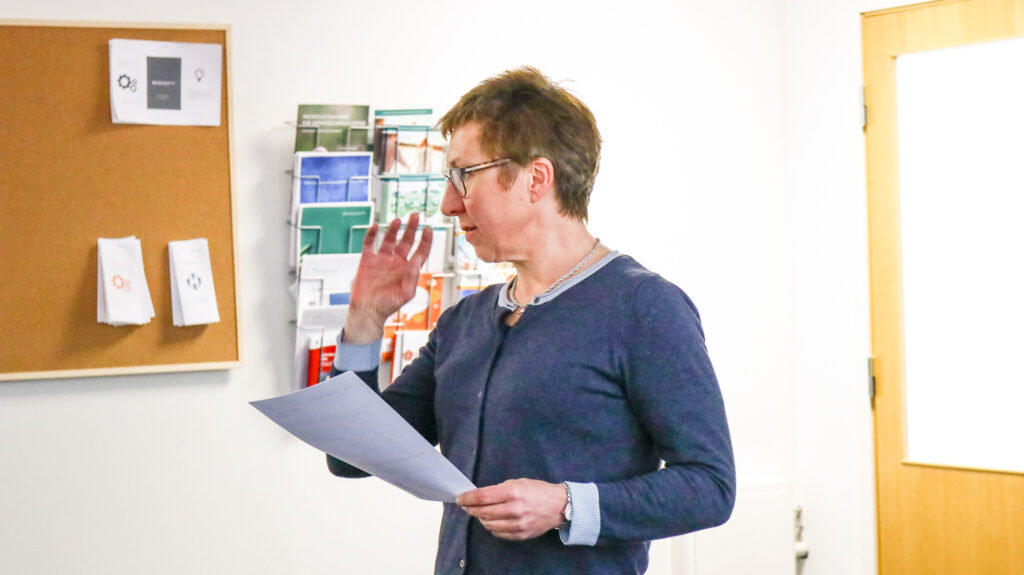
Differences between European countries
The PIA project comprises of participants from Italy, Romania, Greece and Norway. This gives us a good opportunity to compare the health care systems in these countries, in regard to how Peer Support Workers can fit in dementia care. Which possibilities exists in each country, and what can we learn from each other?
There are sosio-economic differences in the partner countries, also in systems and culture regarding taking care of our elders. Some are a result of economy. Norway for example, is a wealthy country compared to many others. That gives economical room to have a large public health care system. Even if more private services have emerged in the last decades, the public system is still robust. That helps to reducing social inequality.
In contradiction, countries like Greece have had economic difficulties in the last decades. So, how can we introduce Peer Support Workers in dementia care with these differences? Well, we have to start with dialogue and research, to identify both possibilities and challenges.
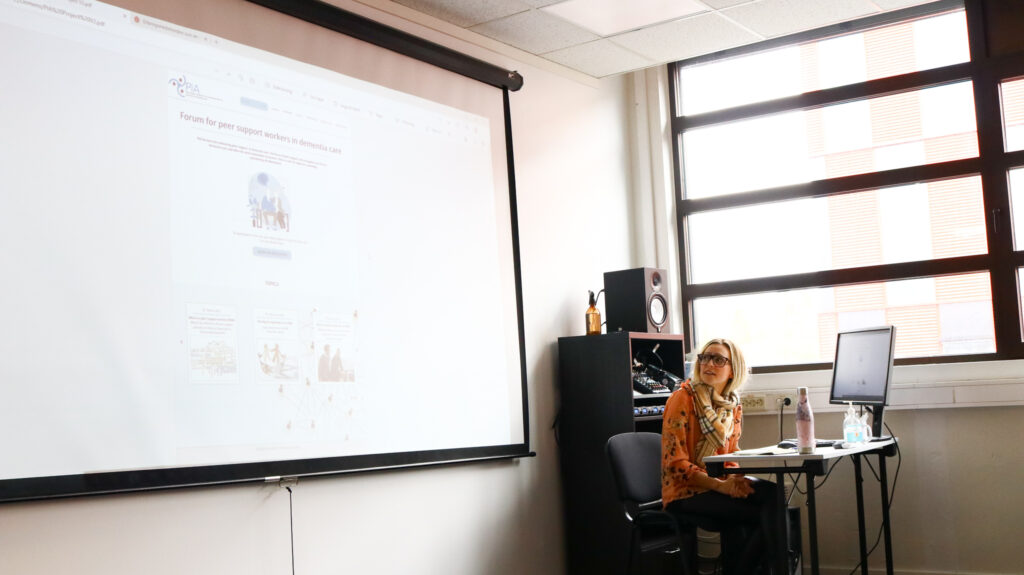
Fruitful meeting in Trondheim
In May, the project partners in PIA gathered in Trondheim to kick-off the activities. During the project period, the project group will have meetings in every participating country. The Trondheim meeting was the first, and the project group got to know each other a little better.
At the meeting, the project web page and management plan were presented. In addition, important question about the project were discussed. Because, as mentioned: we do have different starting points on the road to better health care for persons with dementia.
Project partners
- Airia nosoy alzheimerkai syggenon diatarachon somateio (Greece)
- Asociatia Habilitas – Centru de Resurse si Formare Profesionala (Romania)
- Anziani e non solo societa cooperativa sociale (Italy)
- Asociatia afect (Romania)
- KBT Vocational School/Competence Center for Lived Experience and Service Development – KBT (Norway)
Project goals
- Developing learning material and methods training peer supporters in dementia care
- To develop strategies for policy. In PIA, they will find out how they can start national strategies for dementia, and open up the opportunity to use peer supporters
- To develop a digital collaboration platform
- Dissemination of knowledge of the results
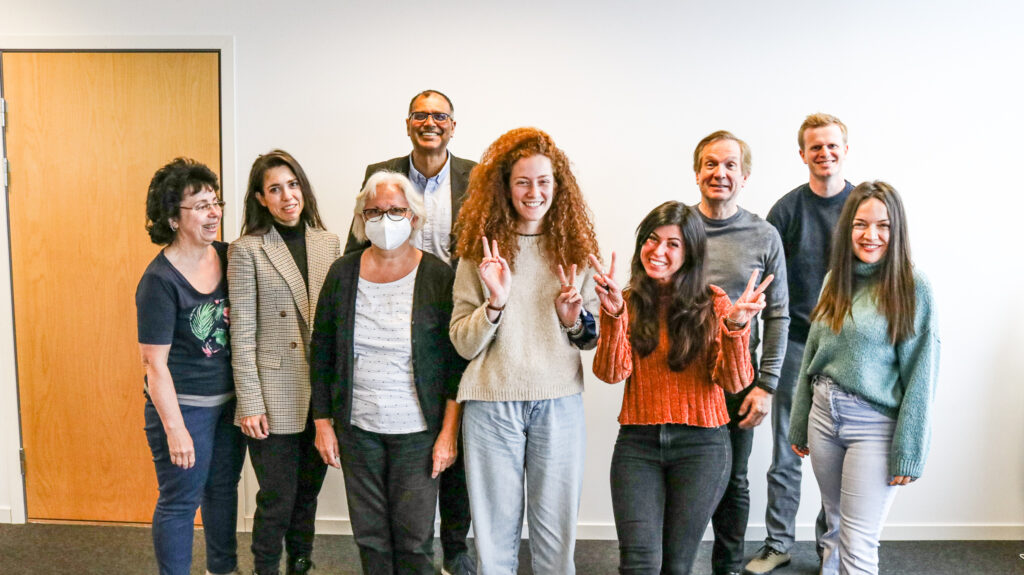

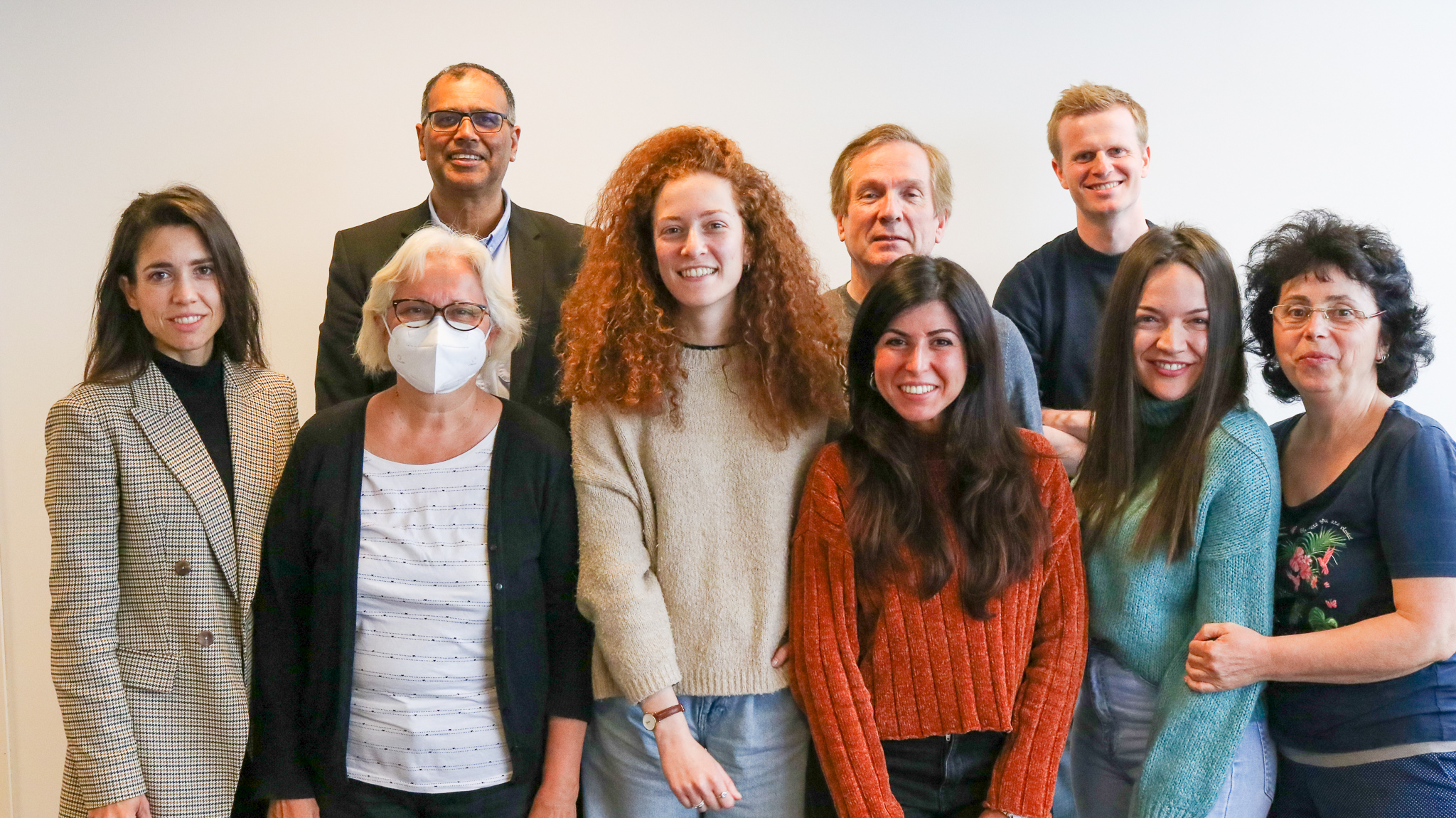
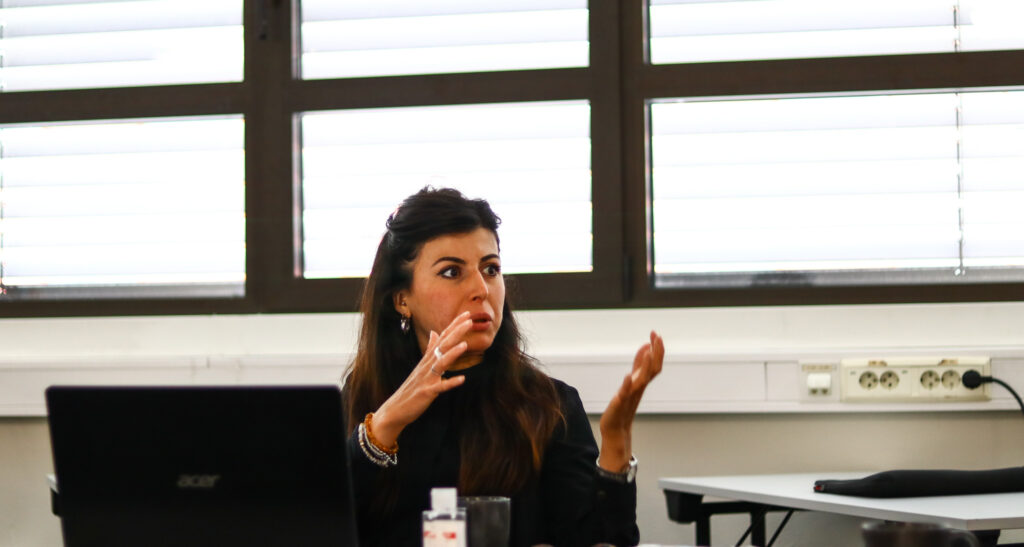
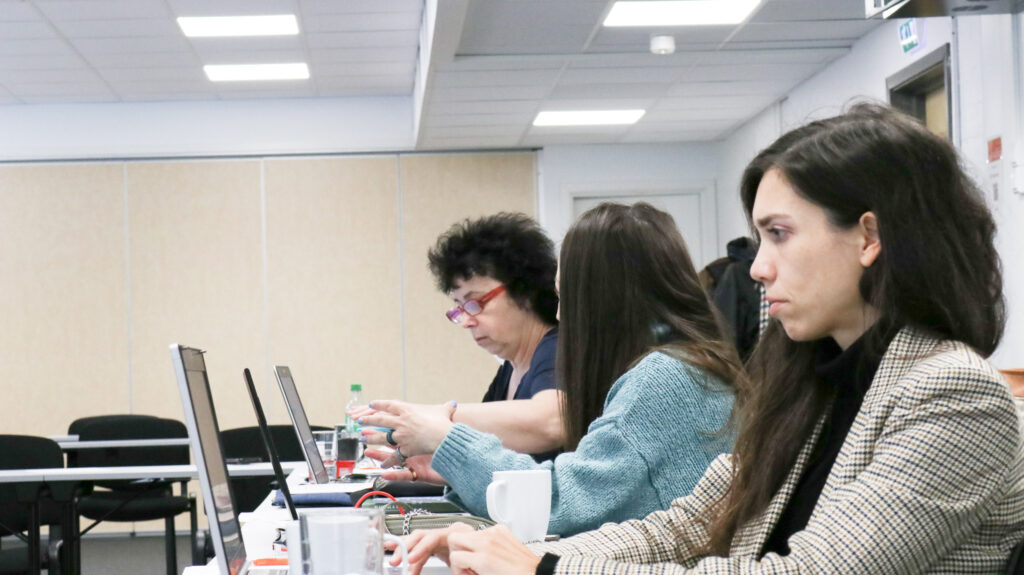
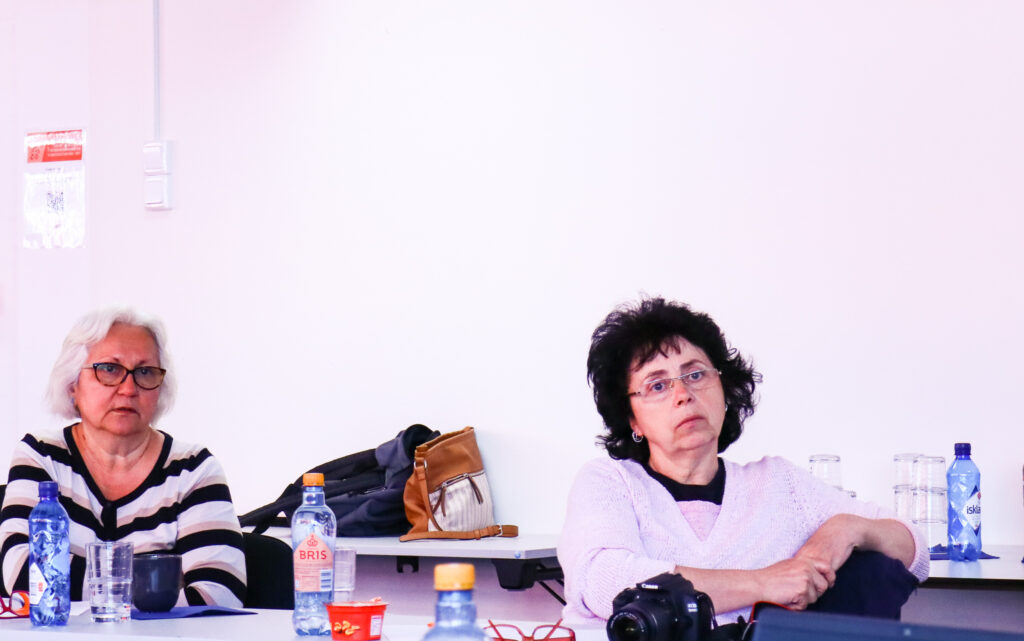
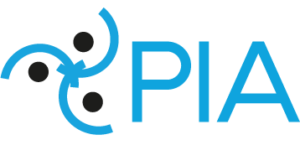

One thought on “International cooperate – finding new solutions in dementia care”
Comments are closed.